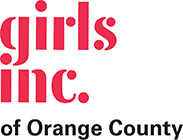By Laurie Goodman
May is mental health month. Good health is one of our most basic needs, including mental health. The Journal of the American Medical Association says that half of American children with a mental health condition (1 in 7) go untreated. Untreated mental illness in children pose grave consequences to our communities, including high rates of suicide, academic decline and unemployment.
For girls, the picture is alarming. The rate of suicide among girls in the past 15 years has tripled, making it the highest in 40 years (Center for Disease Control – CDC). Girls are twice as likely to develop depression and anxiety as boys. Girls feel extreme pressure to please others and succeed and face gender stereotypes, discrimination, trauma, violence, poor self-esteem, and peer pressure. Many times, girls do not feel comfortable admitting needing help or asking for help. De-stigmatizing mental health and learning to take charge of one’s own health starts early.
To help address this crisis, Girls Inc. has teamed up with the Melinda Hoag Smith Center for Healthy Living (MHSCHL) to create a safety net for girls and families through the Building Blocks Program for elementary students. This unique partnership with Hoag Hospital and the MHSCHL, a collaboration bringing like-minded agencies together under one roof to provide families holistic services such as legal, mental health, housing, and others. The MHSCHL is providing for Girls Inc. staff at the center. They have continued to request that Girls Inc. provide programming for the treatment and prevention of ACES (Adverse Childhood Experiences). What happens in childhood has a significant impact on future health, wellness, and opportunity. A great indicator of what a child’s life will look like is the absence or presence of ACES.
According to the CDC, there are eight key types of trauma (and a suggested ninth) that effect children the most. These include:
- Divorce
- Death of a parent or guardian
- Incarceration of parent/guardian
- Living with someone with mental illness
- Living with an alcoholic or drug abuser
- Witnessing a parent inflicting or being victimized by violence
- Witnessing violence in their neighborhood
- Economic hardship
- Being treated differently because of race.
The risk for such problems such as: disrupted neurodevelopment, social, emotional, and cognitive impairment, risky behaviors, disease, and early death, go up with each new type of trauma experienced.
At Girls Inc., we believe we have the opportunity to change the trajectory of a child’s life if we start soon enough.
Girls Inc. developed the Building Blocks program to provide K-3rd graders with activities focus on: emotional literacy – understanding feeling, resiliency (training the brain), and health and wellness (stress management). If girls can take these building blocks into their lives early, they do not have to fall prey to the long-lasting effects (disease, suicide, depression, and others) these adverse experiences can bring.
Mary’s story illustrates the type of trauma girls are suffering at a young age and the breadth of the support they need. This comes from Mary’s teacher. She admits that the school system is not equipped to deal with all the obstacles Mary was facing.
“When she entered my first grade classroom in September, the principal, the community facilitator, and I had great concerns about her. She struggled significantly in reading and math. Her self-confidence was extremely low. She didn’t receive much support at home because her mother was ill. We have seen this little girl grow so very much in both academics and self-confidence; largely because of the after school program that she attends with Girls Inc. You have taken a bird with a broken wing and transformed her into a soaring eagle. We are so proud of the success she has made this year.”


